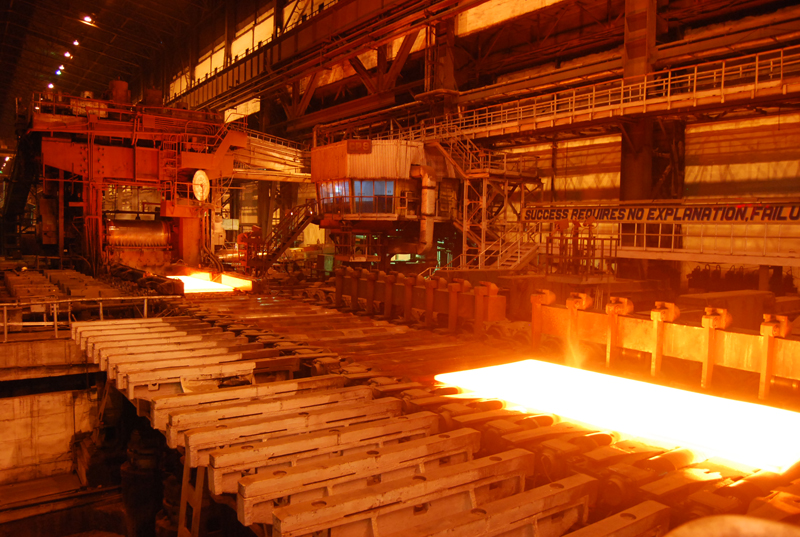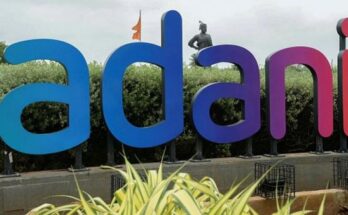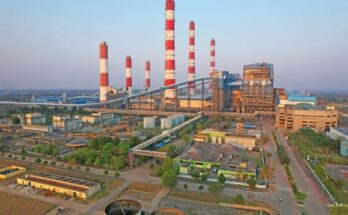
Team News Riveting
The cost of steel production using the blast furnace route in India is likely to remain controlled in the near term following negative trends in the coking coal prices due to China’s ban on Australian minerals.
A report by the India Ratings and Research (Ind-Ra) said that Australia premium hard coking coal (HCC) CNF prices was expected to be around USD120/tonne over remaining fiscal (November 2020: USD111/tonne, average for 8 months of financial year 2020-21(FY21): USD125/tonne) except for supply disruptions in Australia on technical grounds.
China and Australia have been the largest coking coal trade partners in the world. China’s imports and Australia’s exports, respectively constituted 40 per cent and 65 per cent of the World’s overall imports and exports.
Despite China’s healthy steel production growth of 7 per cent year-on-year (yoy) in the first seven months of FY21 (FY20: 6 per cent, FY19: 10 per cent), its coking coal imports have significantly reduced by 12 per cent as against an increase of 14 per cent yoy in FY20. It shows the country’s increased reliance on domestic coking coal.
Considering the low coking coal imports by China and a possible further reduction amid ban on Australian coking coal, an excess supply would build-up unless Australian miners curtail the output considerably. Subsequently, coking coal prices would remain soft although production in other major coking coal importers such as India, Japan and South Korea’s had recovered to pre-COVID levels.
Coking coal import prices plunged to a 52-month low by mid-November 2020, declining 27 per cent since early-October 2020, due to the reports of a verbal ban on Australian coal imports by China and in anticipation of an oversupply in the global market.
The stand of China would provide Indian buyers to bargain with Australian coking coal producers. India and China have been the largest consumers of Australian Coking coal, competing with each other and composing 25 per cent and 24 per cent respectively.
Indian steel makers have increased imports at 4 per cent month-on-month (mom) and 19 per cent mom higher in September 2020 and October 2020 respectively, indicating strong domestic steel production in the coming months. Furthermore, the low coking coal prices have incentivised domestic steel players to increase imports.



